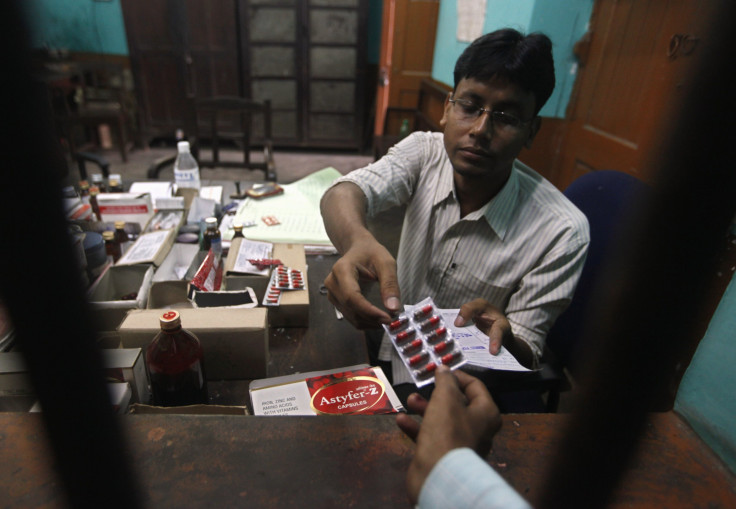India Moves Forward In Policy To Lower Cost Of Pharmaceuticals; Medicine Is Expected To Be 25% Cheaper, 80% Less For Cancer Drugs

For the first time in nearly two decades, the Indian government has implemented a new pharmaceutical pricing policy aimed at lowering the cost of general treatment medicines by as much as 25 percent and some life-saving treatments by as much as 80 percent. The new rules will allow the National Pharmaceutical Pricing Authority to set price ceilings on 652 drug formulations used by companies to manufacture 348 essential drugs, including insulin, allergy medicines and cancer treatments, according to the Times of India. The rule went into effect Wednesday and the industry has been given 45 days to implement the new prices, which will then be re-evaluated every April to adjust for inflation.
Under the rules, drugmakers can't raise current prices of regulated drugs if they're already lower than the prices that will be announced in the coming weeks. And drugs currently priced above the ceiling will have to be priced lower by the end of June. The rule will limit retailers’ margins to 16 percent above wholesale on all drugs with a market share of more than a 1 percent.
The rules will most affect the country’s top drug manufacturers, including Ranbaxy Laboratories Limited (BOM:500359), Cipla Ltd (NSE:CIPLA), Sun Pharmaceutical Industries Limited (BOM:524715) and Dr. Reddy's Laboratories Limited (BOM:500124), one of the country’s largest manufacturer of generic drugs.
With prices set to be fixed, India’s drug manufacturers are looking abroad to help boost their profits. Ranbaxy, for example, announced this month it has filed with U.S. regulators to sell three of its drugs here, where consumers pay the world’s highest prices for pharmaceuticals, according to a report in the April edition of Health Affairs journal.
Meanwhile, the Indian Supreme Court ruled last month against Swiss drugmaker Novartis AG (NYSE:NVS), saying Glivec, a drug the company makes to treat a rare form of leukemia, wasn't different enough from similar drugs on the market to permit a patent in India. The country has some of the most stringent rules regarding drug patents in an effort to keep down the cost of medicine in the national marketplace.
The ruling has global implications for generics because of India’s top position as an exporter of these drugs to impoverished countries.
© Copyright IBTimes 2024. All rights reserved.





















